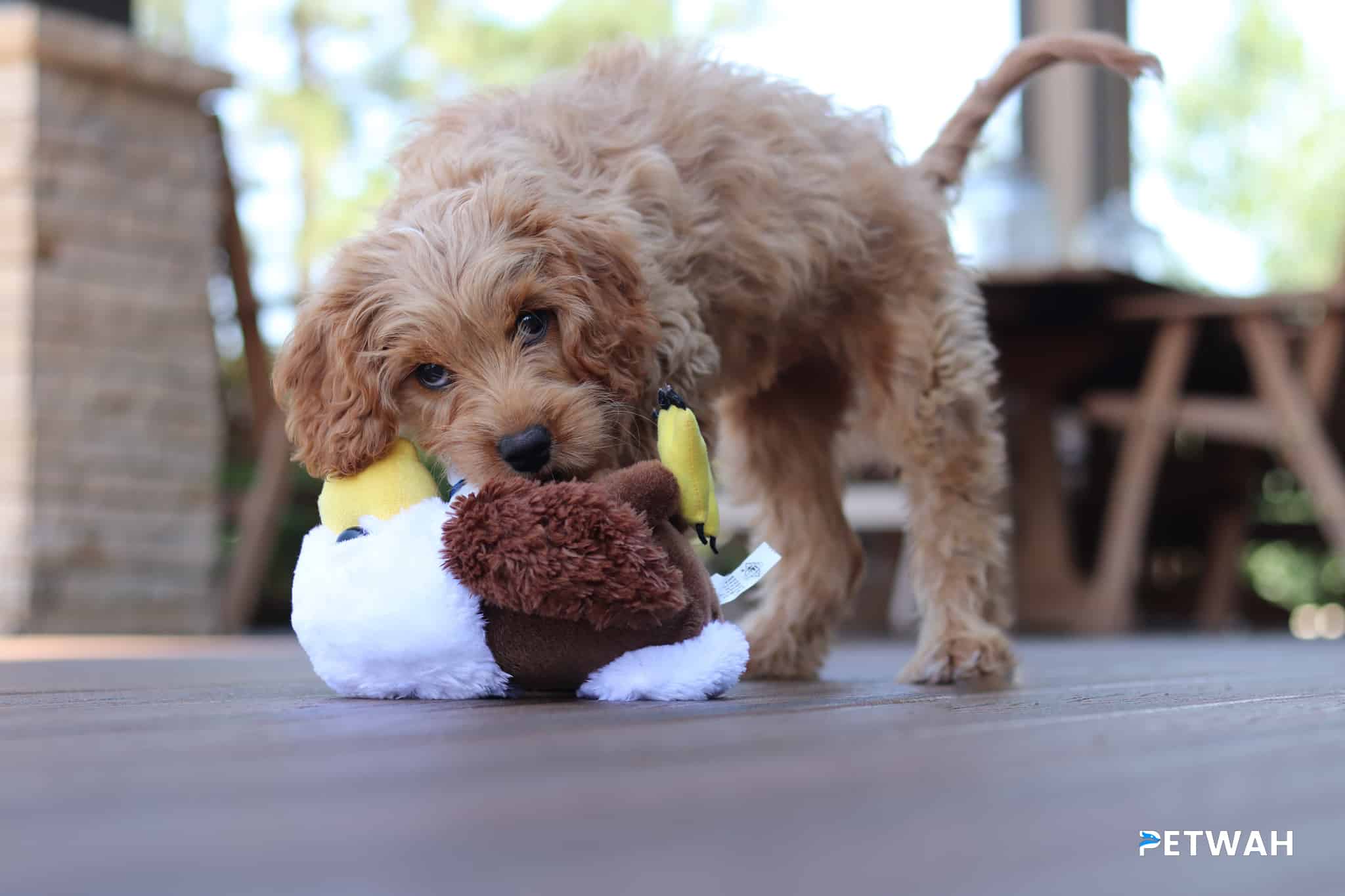As pet owners, we all want our furry friends to be healthy and happy. However, sometimes our beloved dogs can get sick and start vomiting, leaving us feeling helpless and worried. Vomiting in dogs is a common issue that can be caused by various factors, including gastrointestinal problems, dietary issues, infections, or even stress. If left untreated, vomiting can lead to dehydration, malnutrition, and other severe health problems. That’s why it’s crucial to know how to prevent and treat vomiting in dogs. In this ultimate guide, we’ll cover everything you need to know about vomiting in dogs, including the causes, prevention tips, and treatment options. So, let’s dive in and learn how to keep our furry friends healthy and happy.
As a dog owner, you want to ensure that your furry friend is happy and healthy. However, vomiting in dogs can be a common and concerning issue. While occasional vomiting may not indicate a serious health problem, chronic or frequent vomiting can be a sign of a more severe underlying issue. In this ultimate guide, we will discuss how to prevent and treat vomiting in dogs.
Preventing Vomiting in Dogs:
1. Diet
The first step in preventing vomiting in dogs is to ensure that they are following a healthy and balanced diet. Feeding your dog a high-quality, nutrient-dense food is essential for their overall health and wellbeing. Avoid feeding your dog table scraps or human foods as this can cause an upset stomach and lead to vomiting.
2. Avoid Overfeeding
Overfeeding your dog can cause various digestive issues, including vomiting. Ensure that you are feeding your dog the recommended amount of food according to their age, weight, and breed.
3. Slow and Steady
Dogs who eat too fast or too much at once are at a higher risk of vomiting. To prevent this, consider feeding your dog smaller meals throughout the day rather than one large meal. You can also use a slow feeder bowl or puzzle feeder to slow down their eating.
4. Supervision
Supervision is essential when it comes to preventing vomiting in dogs. Keep an eye on your dog when they are outside and ensure that they do not eat anything they shouldn’t, such as grass, plants, or garbage.
5. Hydration
Dehydration can cause vomiting in dogs, so it’s important to ensure that your dog has access to clean and fresh water at all times.
Treating Vomiting in Dogs:
.jpg)
1. Withhold Food
If your dog is vomiting, the first step is to withhold food for 12-24 hours. This will give their stomach time to settle and reduce the chances of further vomiting.
2. Water
It’s essential to keep your dog hydrated, even when they are vomiting. Offer them small amounts of water every few hours to prevent dehydration.
3. Bland Diet
After the fasting period, feed your dog a bland diet consisting of boiled rice and chicken. This will help to ease their digestive system and prevent further vomiting.
4. Medications
If your dog’s vomiting persists or is severe, your veterinarian may prescribe medications to help reduce nausea and vomiting.
5. Rest
Rest is crucial when it comes to treating vomiting in dogs. Keep your dog calm and relaxed to reduce stress and prevent further vomiting.
When to See a Veterinarian:
While occasional vomiting may not be a cause for concern, frequent or chronic vomiting can indicate a more severe underlying issue. If your dog is experiencing any of the following symptoms, it’s important to seek veterinary care immediately:
– Blood in vomit
– Lethargy or weakness
– Loss of appetite
– Diarrhea
– Dehydration
– Abdominal pain or bloating
Overall, vomiting in dogs can be a concerning issue. However, with the right preventative measures and treatment, you can help keep your furry friend healthy and happy. Remember to always seek veterinary care if you are concerned about your dog’s health.
In conclusion, vomiting in dogs can be caused by a variety of factors, ranging from minor issues to life-threatening illnesses. It’s important to keep an eye on your dog’s behavior and contact your vet if you notice anything out of the ordinary. With the tips and tricks provided in this guide, you can hopefully prevent vomiting from occurring in the first place, and if it does happen, you now know how to handle it with care. Remember that the health and well-being of your furry friend should always be a top priority, and with proper care and attention, you can help them live a happy, healthy life.


.jpg)

.jpg)
%20-%20Copy.jpg)


.png)